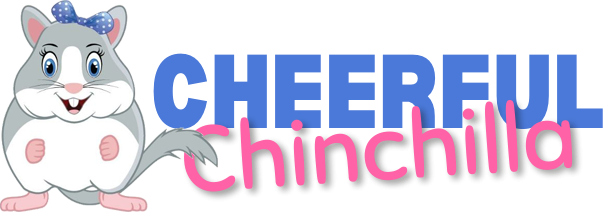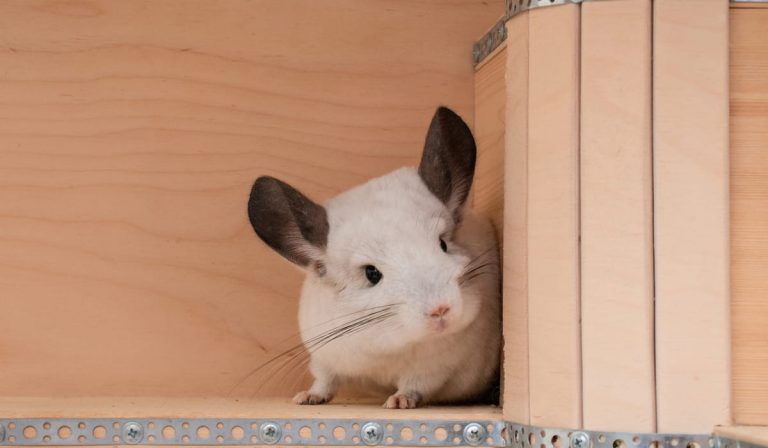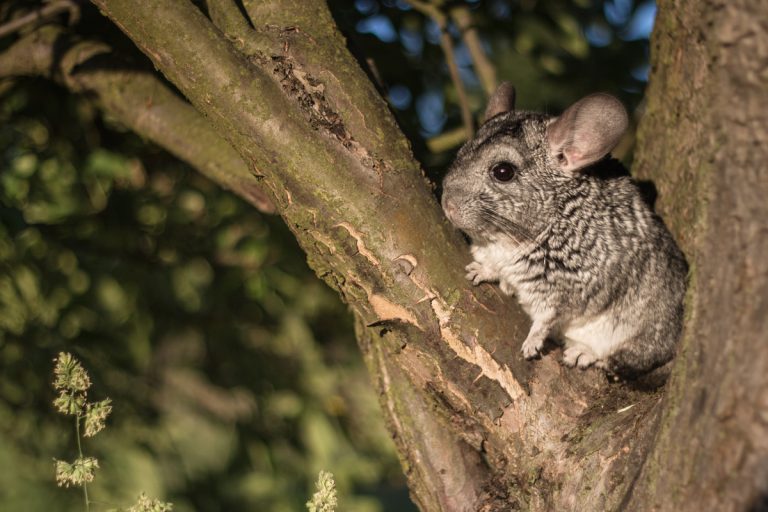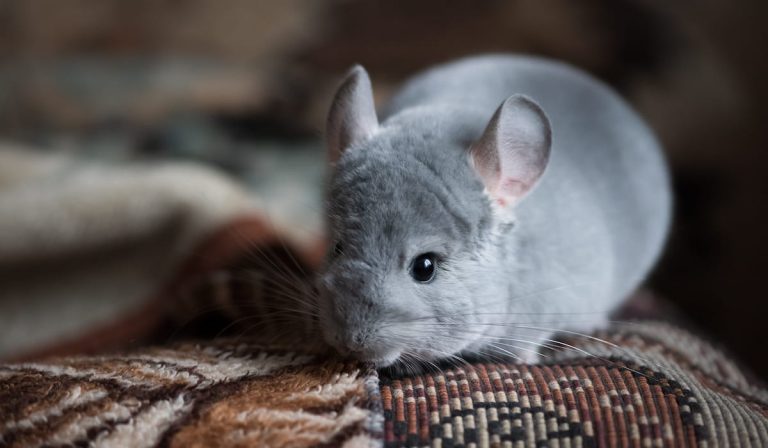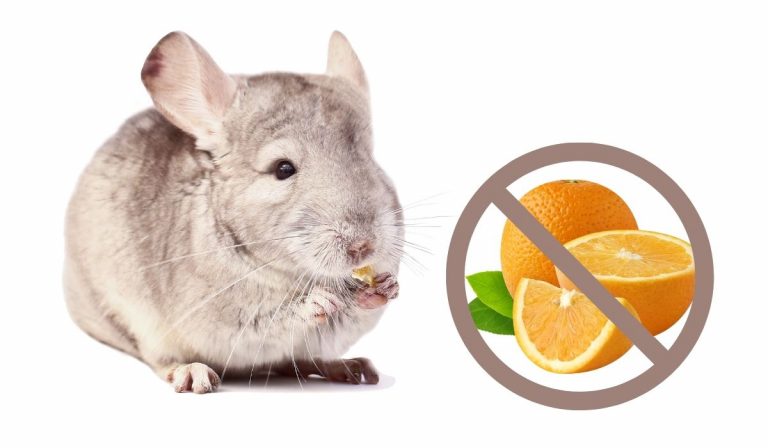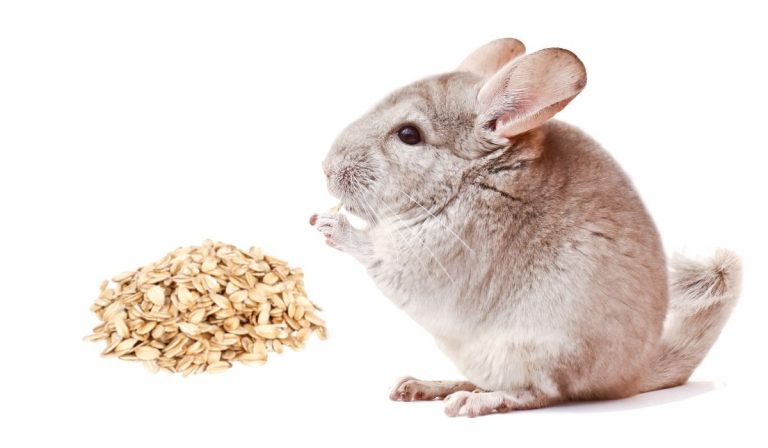Chinchilla Treats
Most pets will never say no to treats, including chinchillas. Although these animals really deserve a treat, not all foods are safe for them to eat. Like every other animal, there are some snacks that chinchillas should not consume. This is mostly because they have sensitive guts.
As a chinchilla owner, it is important that you know which snacks to feed them. And for this post, we’re going to share with you some snacks that are safe for chinchillas to eat!
Although the snacks we’re going to mention below are considered safe, keep in mind that a treat should be given as a “treat,” which means that it should not be part of the chinchilla’s diet and should only be given in moderation.
Apple pomace
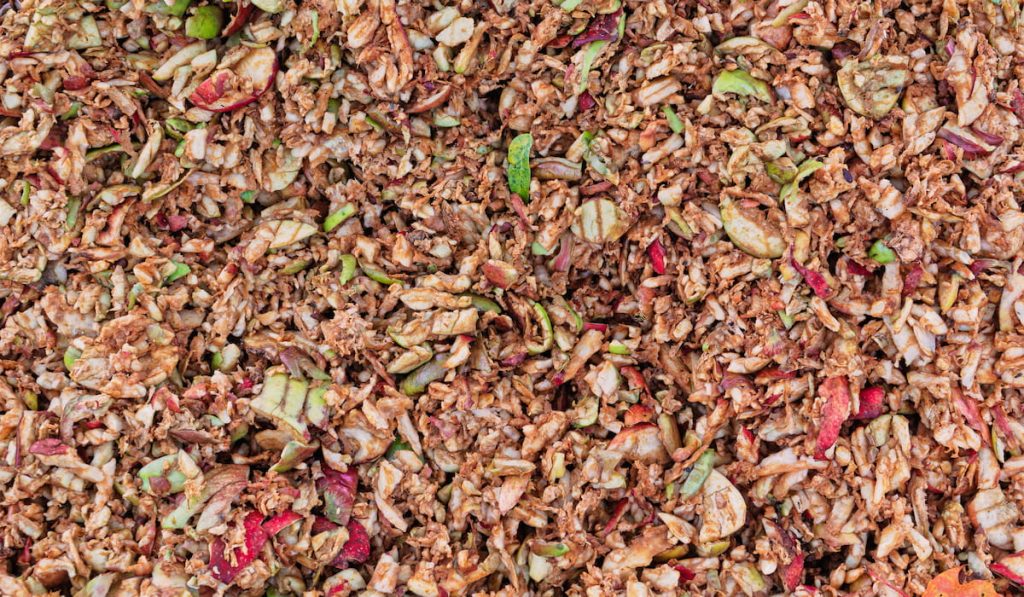
An apple pomace is the solid residue that’s left after an apple is milled or processed for cider or juice.
Basically, it still has all the composition of an apple, except the juicy pulp. This includes the seeds, skin, stalk, and the fibrous part of the apple.
Although it is commonly fed to livestock and farm animals, the apple pomace can be difficult to find so you may need to search your local market.
An apple pomace is fibrous with a fruity taste – something that a chinchilla will love. It is healthier than a regular apple because the high water and sugar content isn’t present in apple pomace. And if you didn’t know yet, anything that is high in water and sugar content is bad for chinchillas.
Apple wood sticks
An apple wood stick is more of a chew toy than a snack for chinchillas. One thing that’s great about this ‘treat’ is that a chinchilla won’t eat them, although they may ingest minimal amounts while chewing.
Apple wood sticks don’t give extra calories, calcium, and sugar to chinchillas. And if they do ingest some, this will serve as an additional fiber.
Not only will chinchillas enjoy munching on these ‘snacks,’ but it also keeps their teeth trimmed, thus promoting good dental health.
One stick of apple wood a day should be enough to keep chinchillas busy with their chew toy.
Dried chamomile flowers
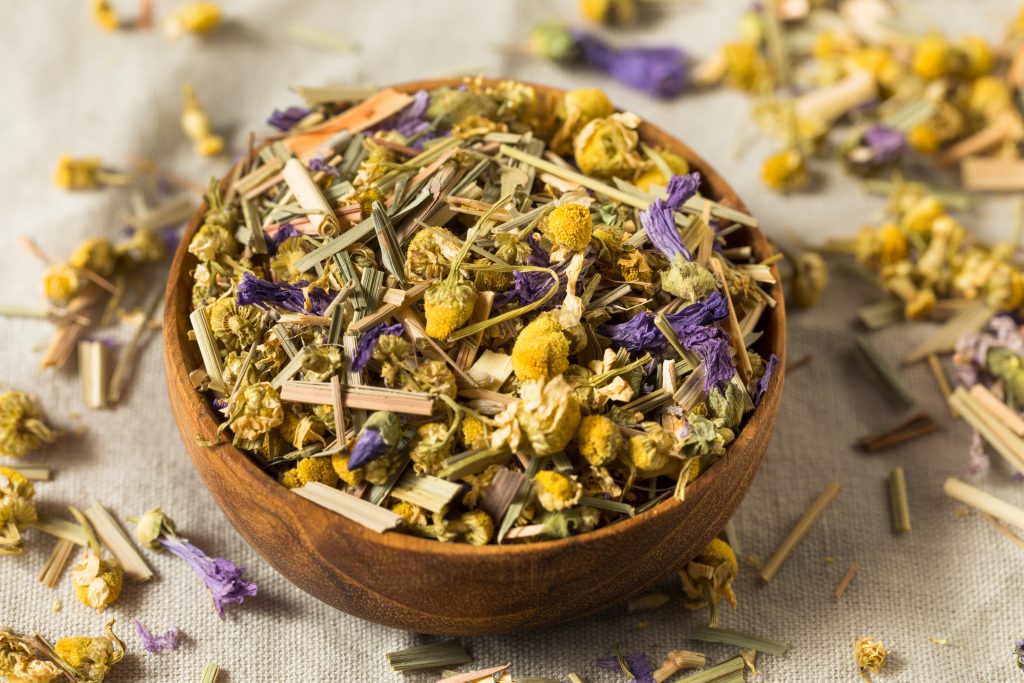
Chamomile is a flower that looks like a daisy. They are fragrant, and are mostly added in teas because of their unique taste. Before they are used, chamomile flowers are dried first.
Although we don’t eat dried chamomile flowers, chinchillas can eat them without having any adverse effects. Before feeding to your chinchilla, ensure that the chamomile flower is dried to prevent your pet from consuming too much water.
A dried chamomile flower is a great treat for chinchillas because of their high fiber content that makes them hard to break down.
An added plus is they are also known to have soothing and calming effects on chinchillas, which makes your pet more serene and peaceful.
If given on a daily basis, a half teaspoon of dried chamomile flower is sufficient.
Dried dandelions
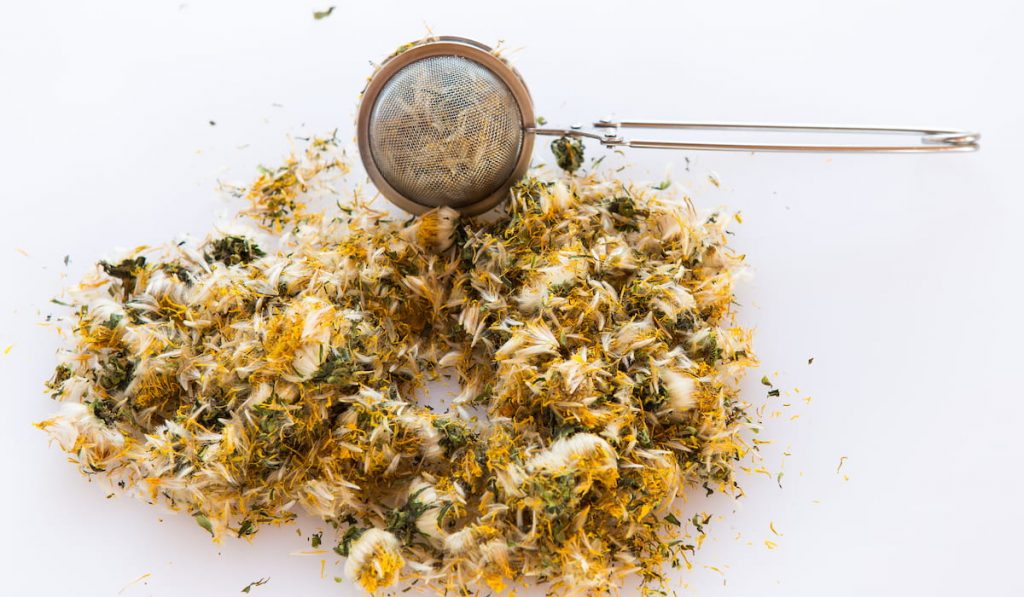
Commonly used in teas, dried dandelions make great snacks for your chinchilla.
Sometimes, it can be just dandelion leaves, or a combination between flowers and leaves. It is also possible to get dried dandelion roots.
Dried dandelions come with a distinctive, slightly bitter taste that a chinchilla will surely love.
To obtain dried dandelions, you can either make it yourself, or you can also purchase them online. Dried dandelions are inexpensive, highly available, and are very fibrous. They maintain your chinchilla’s healthy liver, and they also develop proper circulation.
A half teaspoon of dried dandelions can be fed to chinchillas every day, or you can also give them bigger portions twice or three times per week.
Dried herbs
Dried herbs, such as basil, oregano, and rosemary make an interesting treat for chinchillas due to their unique flavors. Dried herbs are usually composed of the same nutrients as hay – they are low in water, and are fibrous. In addition, dried herbs are easy to obtain.
Giving chinchillas as many dried herbs as they want won’t bring bad effects. However, if you want them to eat hay and not just their snacks, limit the number of dried herbs to just about the size of a thumbnail.
Dried rose hips
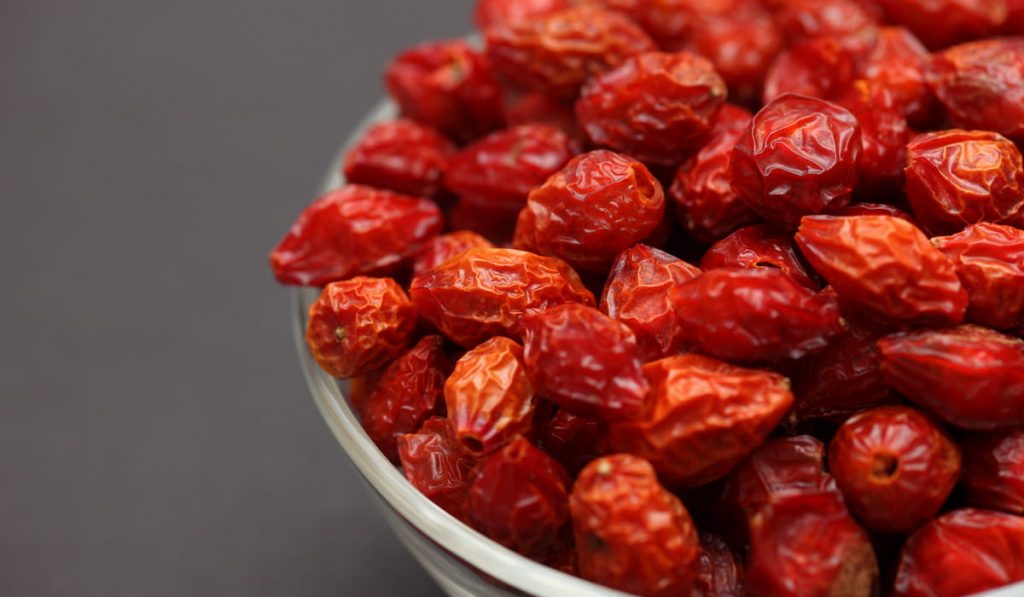
Dried rose hips are popular snacks for chinchillas. In fact, this is the only dried fruit that is recommended for chinchillas to eat. Dried rose hips are fibrous, and they have a sharp, tart taste – far different from what a rose tastes like.
Despite being a fruit, dried rose hips do not have large amounts of fructose, but they are rich in vitamin C. They also have a distinctive taste which a chinchilla will surely enjoy.
Dried rose hips are widely available either online, or in your local health food stores.
You can give dried rose hips to your chinchilla about two to three times a week.
Flower petal mixes
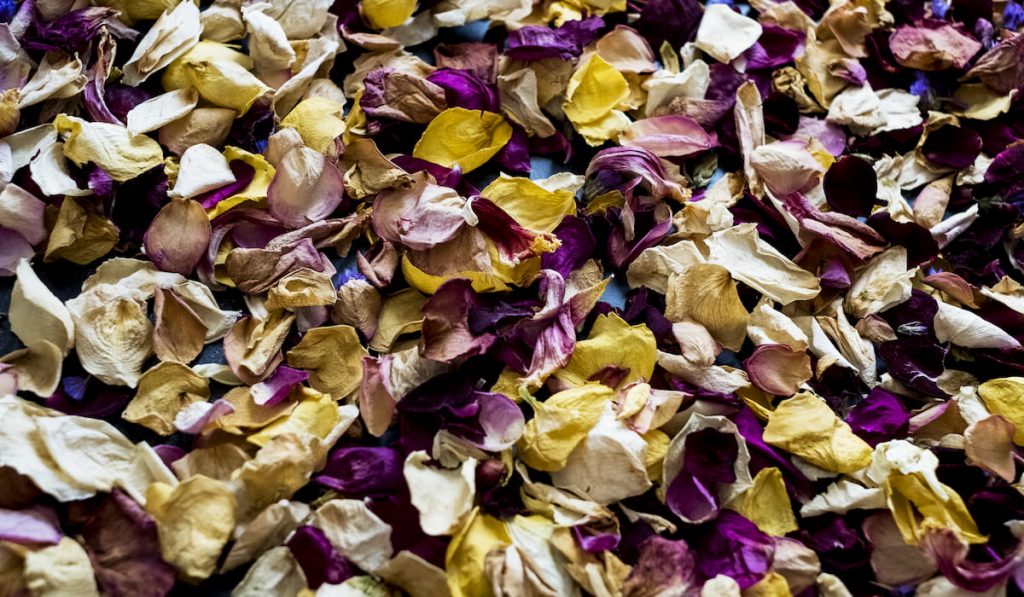
Flower petals are not just limited to dandelions and chamomile. In fact, you can give any dried flower petal to your chinchilla, so long as they are not the poisonous kind.
There are various flower petal mixes you can purchase at the market, including hibiscus petals, sunflower petals, marigold or calendula flowers, and rose petals. Some even contain buds.
All these make safe treats for chinchillas since they are fibrous, but are low in sugar, protein, and fat.
Hawthorn leaves
Hawthorn leaves greatly benefit your chinchilla’s heart. They are packed with vitamins, calcium, iron, and phosphorus. This treat also promotes better digestion, and enhances your pet’s immune system.
To feed, mix a half teaspoon of hawthorn leaves into your chinchilla’s pellets every day.
Hay pellets
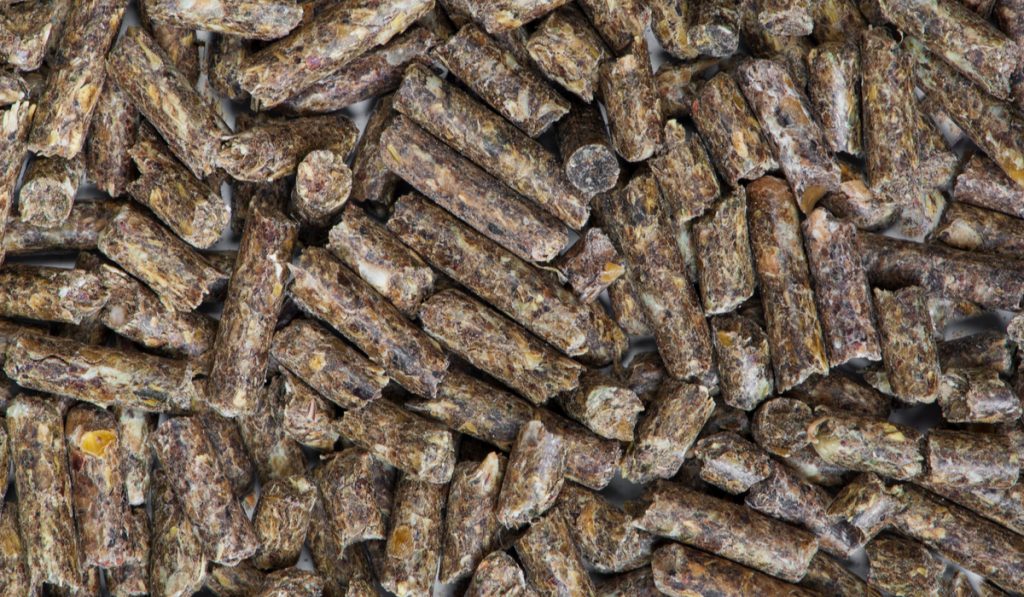
Hay pellets are regular hay, it’s just that they are compressed into tiny pieces. Most hay pellets are a combination of various types of hays, while others have additional nutrients to promote better health for your pets.
You can give two types of hay pellets to your chinchilla. The first one should be fed regularly, while the other one should be given as a rare snack.
The amount of hay pellets greatly varies. Some say a few tablespoons a day should be enough, while others say they can have unlimited pellets.
Regardless of how much you give them, chinchillas are capable of controlling their hay intake, so the amount of hay pellets shouldn’t be of a great concern.
Mountain ash berries
Also called rowan berries, the mountain ash berries provide excellent benefits for your chinchilla. They are high in fiber, and they also contain antioxidants that promote better health.
Before feeding, make sure that mountain ash berries are dried because the fresh ones can be toxic. Every day, chinchillas can eat a maximum of three mountain ash berries.
Nettle leaves
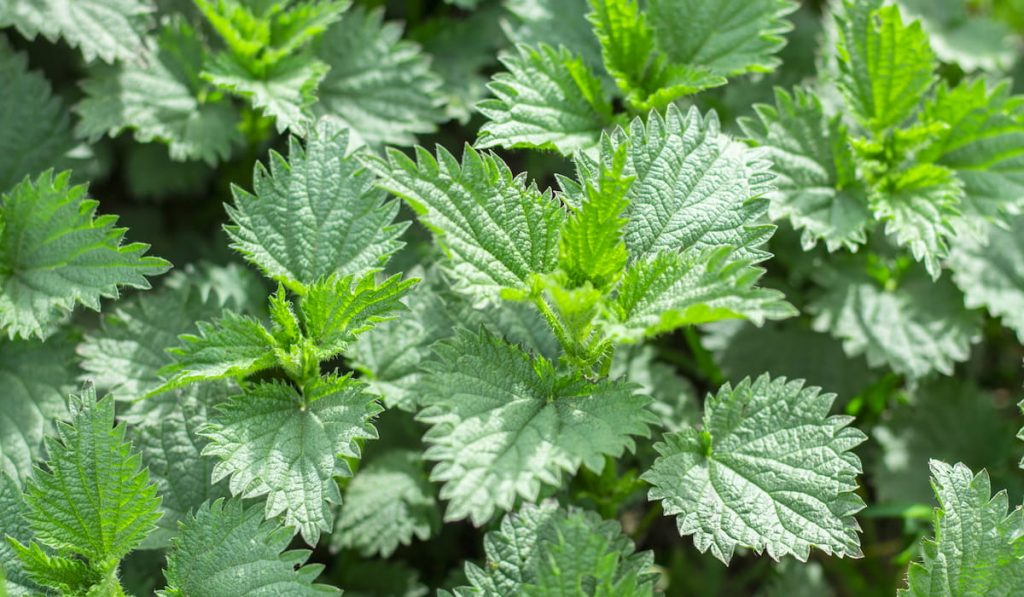
Nettle leaves promote better kidney health for your chinchilla. They also boost their energy levels. Moreover, they contain minerals that are vital for a chinchilla’s health.
Chinchillas can eat a half teaspoon of nettle leaves on a daily basis.
Red clover leaves
Red clover leaves are tasty snacks that are high in protein. They contain antioxidants that help maintain your chinchilla’s healthy nervous system.
However, because of their high protein content, red clover leaves should only be given in moderation.
Rolled oats
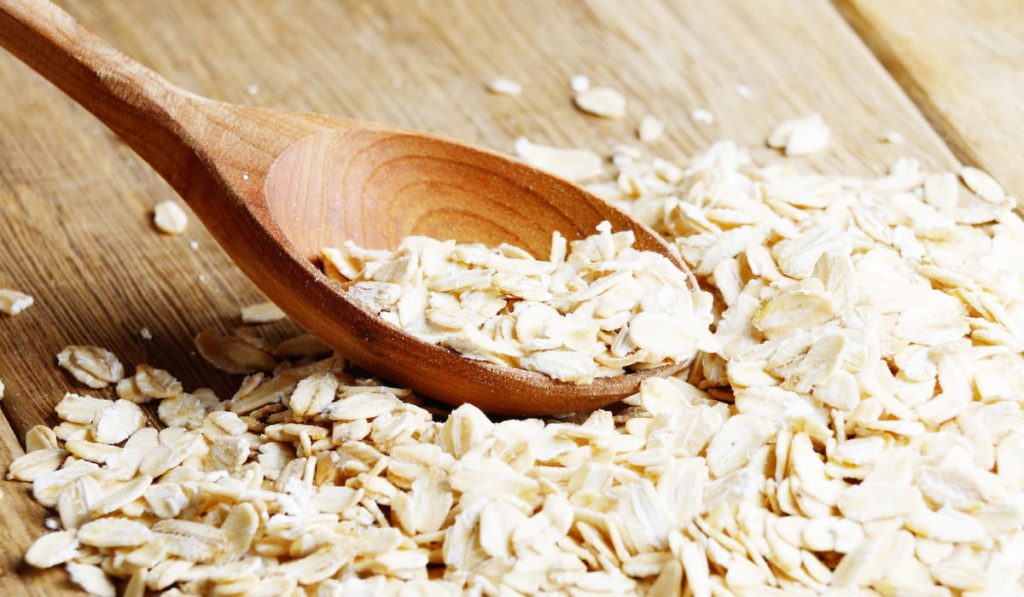
Rolled oats come from ‘oat groats’ – these are raw oats that are peeled and steamed. Then, they are rolled flat and are toasted slightly.
Rolled oats have similar nutrients as hay; they just have more calories than the latter. Because of this, rolled oats should only be given in moderation.
Shredded wheat
A treat that is similar to rolled oats, shredded wheat has about the same amount of nutrients as hay. Shredded wheat comes from whole wheat. Whole wheat is first cooked in water before it is dried and rolled. They are cut into pillow-shaped biscuits.
Shredded wheats have low water content, and are high in fiber. These are crunchy treats, just how chinchillas like it.
Beware not to buy shredded wheats with added sugar and calcium.
Sweet hay
There are different types of hay that your chinchilla will love. Not only do they make healthy snacks, but they also vary in taste – some are sweeter, others have a distinct taste, while some have better flavor than the others.
Some types of hay that makes great treats for your chinchilla includes:
- Alfalfa. Alfalfa is a sweet and mild-tasting flowering plant that is rich in calcium.
- Botanical Hay. Botanical hay is just a regular hay that is combined with herbs. They are better in taste, although they offer the same nutrients.
- Meadow hay. Meadow hay is a combination of various weeds and grasses.
Avoid giving hays to your chinchillas that have seeds, nuts, and dried fruits and vegetables. The common types of hay will be enough.
Final thoughts
And that ends our list of the safe treats for chinchillas.
Instead of giving them fresh fruits and vegetables that are high in water and sugar content, the treats mentioned above are a better and healthier choice for your chinchilla’s health.
Just be sure to limit the portions and feed them in moderation.
